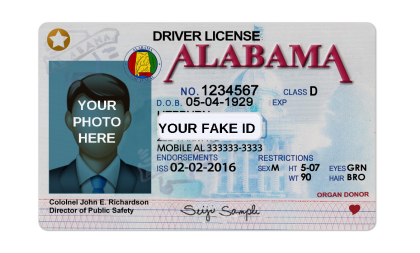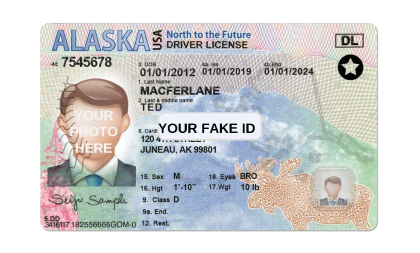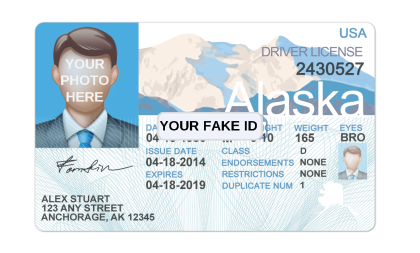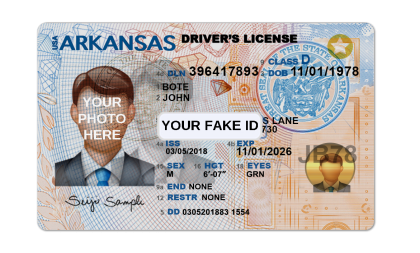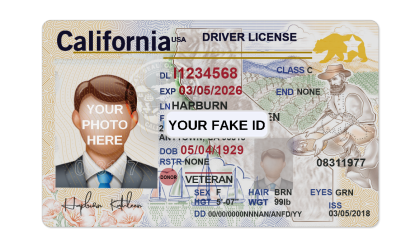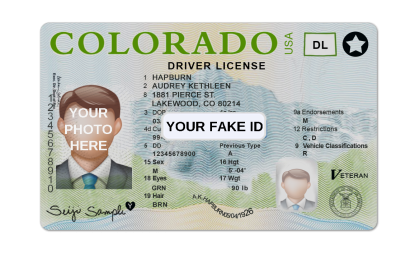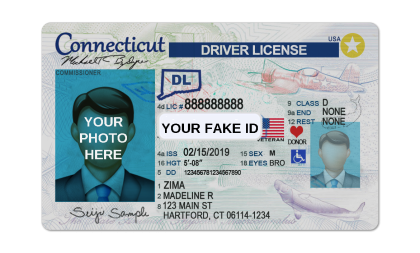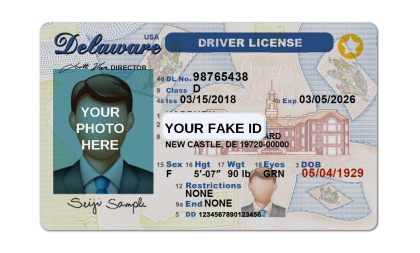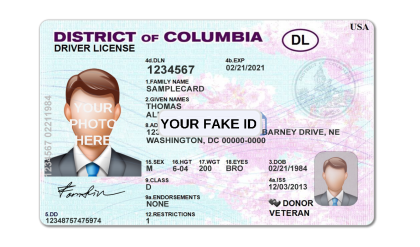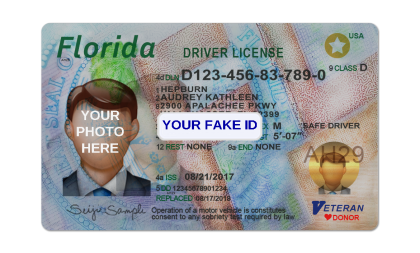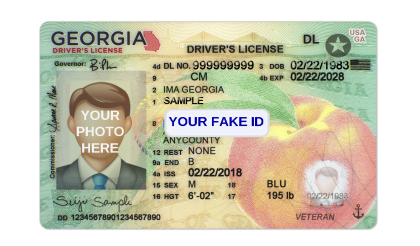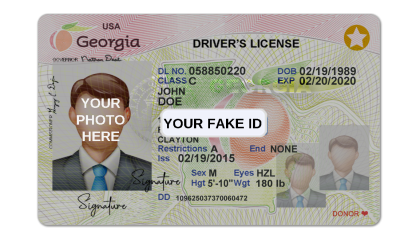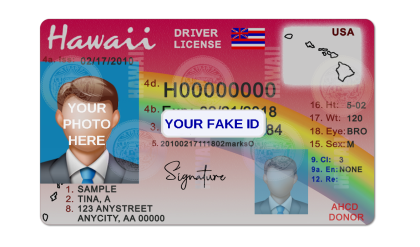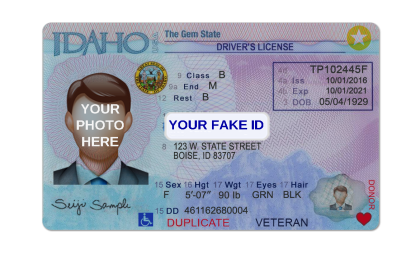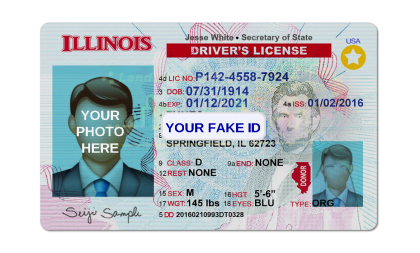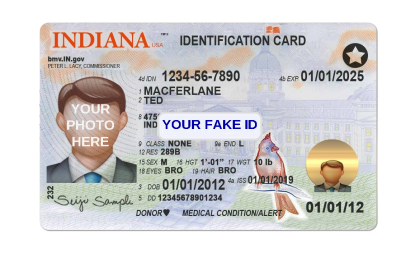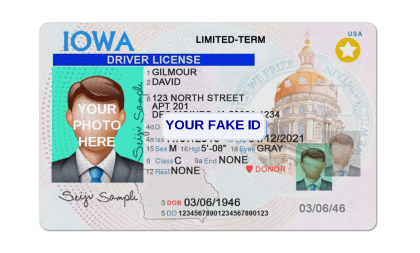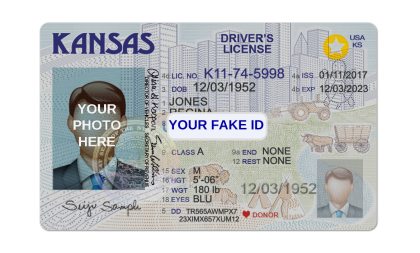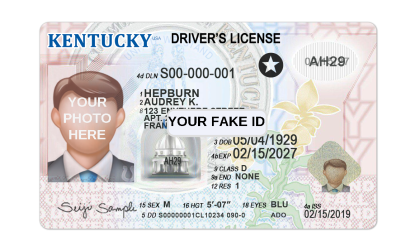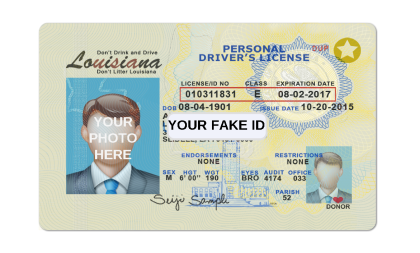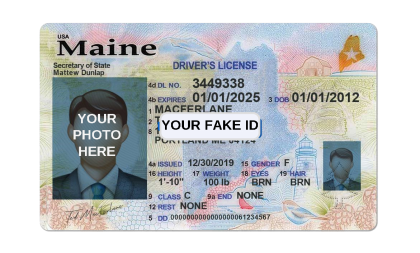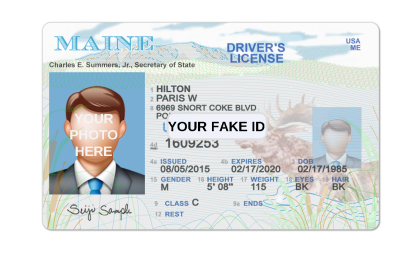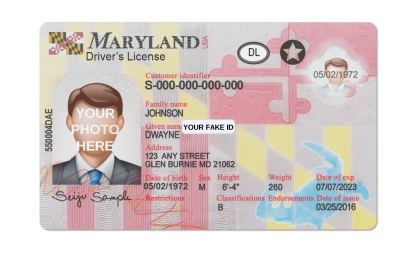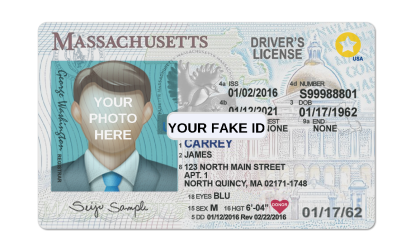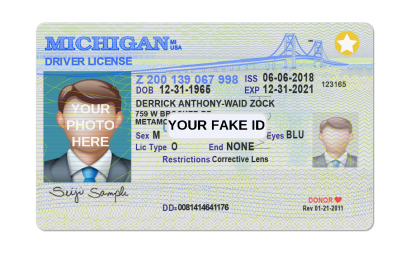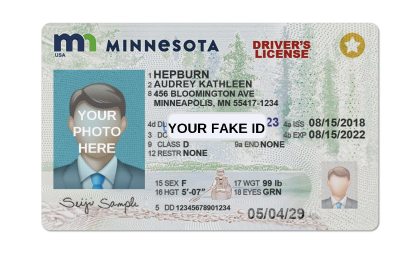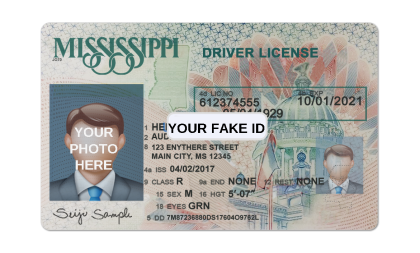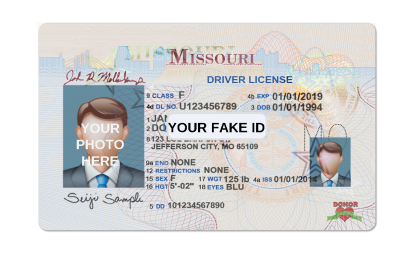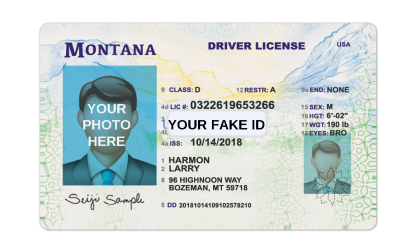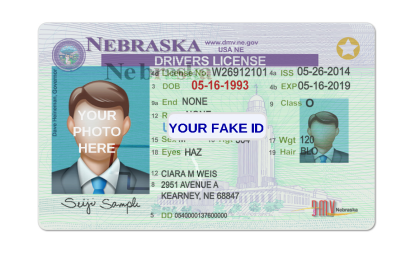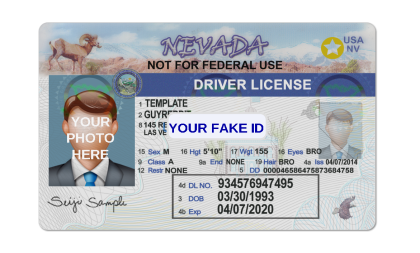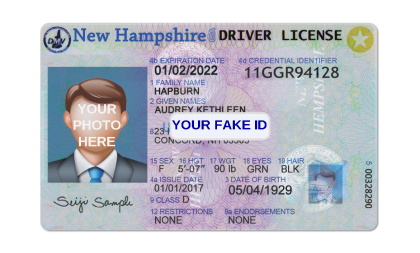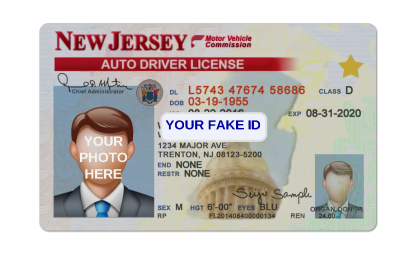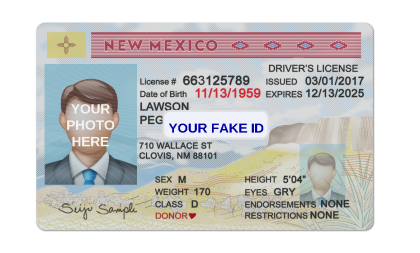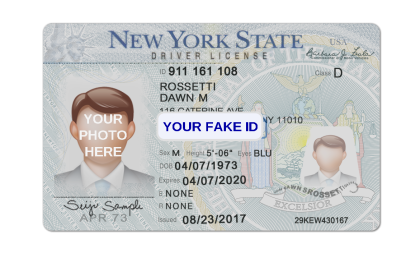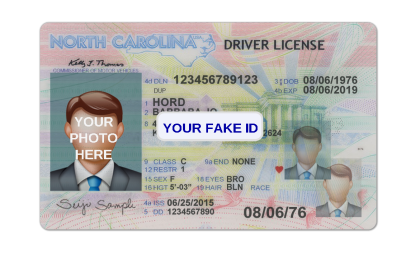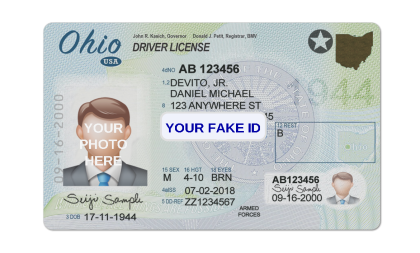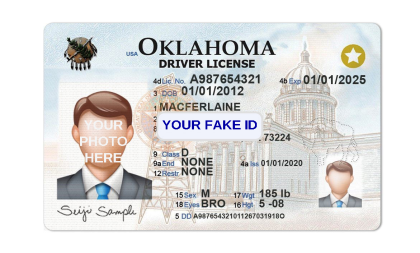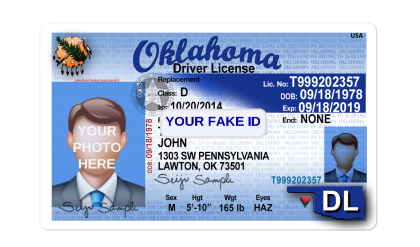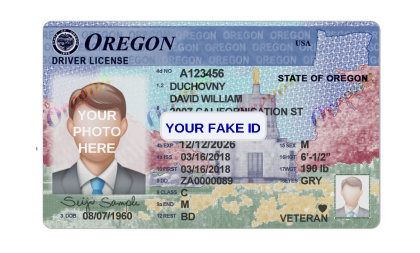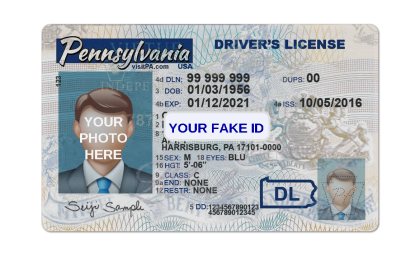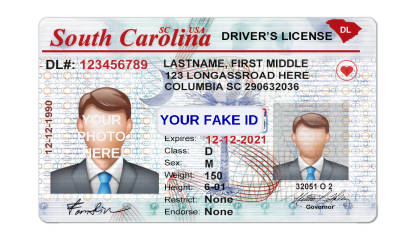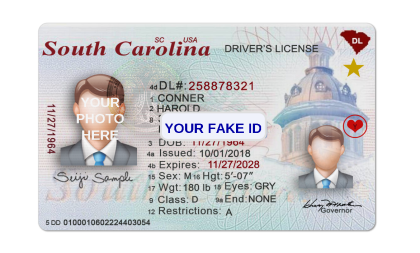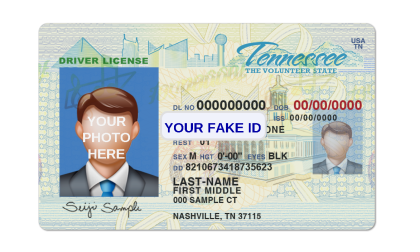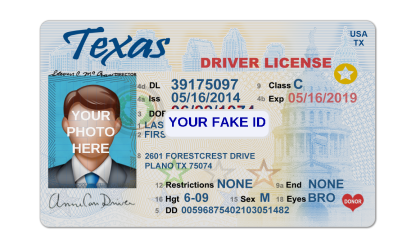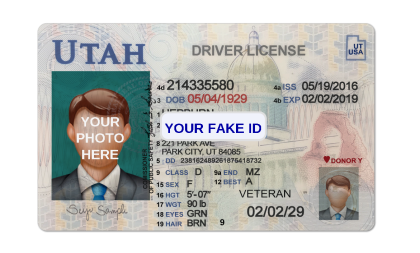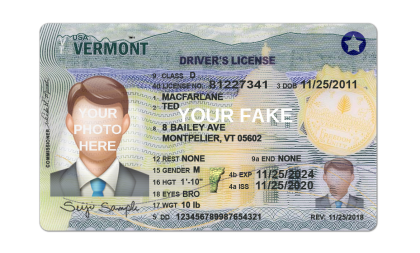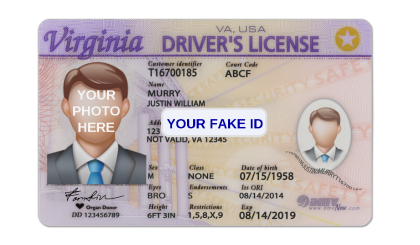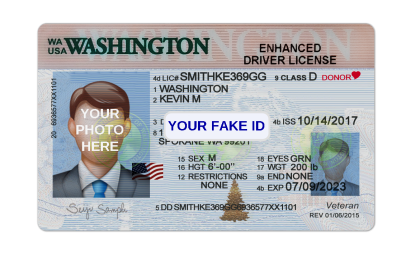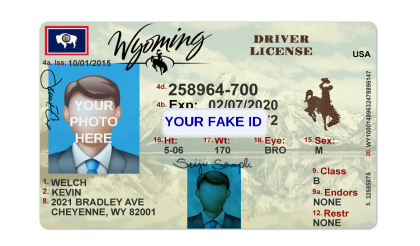Showing all 53 results
-
$39.95
Alabama Fake ID
-
$39.95
Alaska Fake ID – V1
-
$39.95
Alaska Fake ID – V2
-
$39.95
Arkansas Fake ID
-
$39.95
California Fake ID – V2
-
$39.95
Colorado Fake ID
-
$39.95
Connecticut Fake ID
-
$39.95
Delaware Fake ID
-
$39.95
District Of Columbia Fake ID
-
$39.95
Fake ID Front and Back With Selfie
-
$39.95
Florida Fake ID
-
$39.95
Georgia Fake ID – V1
-
$39.95
Georgia Fake ID – V2
-
$39.95
Hawaii Fake ID
-
$39.95
Idaho Fake ID
-
$39.95
Illinois Fake ID
-
$39.95
Indiana Fake ID
-
$39.95
Iowa Fake ID
-
$39.95
Kansas Fake ID
-
$39.95
Kentucky Fake ID
-
$39.95
Louisiana Fake ID
-
$39.95
Maine Fake ID
-
$39.95
Maine Fake ID – V2
-
$39.95
Maryland Fake ID
-
$39.95
Massachusetts Fake ID
-
$39.95
Mexico Fake ID
-
$39.95
Michigan Fake ID
-
$39.95
Minnesota Fake ID
-
$39.95
Mississippi Fake ID
-
$39.95
Missouri Fake ID
-
$39.95
Montana Fake ID
-
$39.95
Nebraska Fake ID
-
$39.95
Nevada Fake ID
-
$39.95
New Hampshire Fake ID
-
$39.95
New Jersey Fake ID
-
$39.95
New Mexico Fake ID
-
$39.95
New York Fake ID
-
$39.95
North Carolina Fake ID
-
$39.95
Ohio Fake ID
-
$39.95
Oklahoma Fake ID – V1
-
$39.95
Oklahoma Fake ID – V2
-
$39.95
Oregon Fake ID
-
$39.95
Pennsylvania Fake ID
-
$39.95
South Carolina Fake ID – V1
-
$39.95
South Carolina Fake ID – V2
-
$39.95
Tennessee Fake ID
-
$39.95
Texas Fake ID
-
$39.95
Utah Fake ID
-
$39.95
Vermont Fake ID – V1
-
$39.95
Virginia Fake ID
-
$39.95
Washington Fake ID
-
$39.95
Wisconsin Fake ID
-
$39.95
Wyoming Fake ID
When to Use a Pseudonym to Protect My Anonymity and Privacy Online
Many people use fake names or pseudonyms for a variety of reasons. Some want to keep their personal and professional lives separate, while others may wish to protect themselves from bullying or discrimination. Regardless of your reason for using a pen name, there are certain things you should know before deciding whether or not to do so.
1. To protect against online stalking
Cyberstalking is a serious and growing problem. Approximately 7.5 million people are victims of stalking in the United States each year. The perpetrators can be anyone from a former partner or spouse to a co-worker or even a neighbor. The stalking can take place on social media apps, photo-sharing sites or through email. Stalking is a crime and should be reported to the police right away. When the harassment moves to offline or real-life physical stalking, it can be very frightening for the victim. It is important to protect your privacy online by using a pseudonym and staying vigilant about what information you share and with whom you share it. A fake drivers license may be needed to better enhance this for some people.
One of the main reasons why authors use fake names or pseudonyms is to protect their privacy and protect themselves against online stalking and other forms of cyber-harassment. The use of a pseudonym allows the author to build an entire persona and brand for their writing career separate from their personal life. This can be difficult and may require a lot of hoop-jumping on digital platforms to hide the connection between the pseudonym’s persona and a real personal profile or account.
It is also important to use a pseudonym when using social media apps or other forms of public sharing. This can be enhanced with a fake drivers license for some people. It is easy for a stalker to get a hold of your personal information, including your real name, birthday and home address, from publicly posted information and data. This information can be used to track your location and harass or even hack into other accounts, such as credit card or financial accounts.
Some authors also choose to use fake names or pseudonyms to avoid having their work confused with other works by the same author. This can be especially useful if the author’s previous books have not been very successful. It can give them a second chance to find success with their new book and avoid having their previous work marred by the association.
Using a pseudonym can also be helpful for authors who want to write in a genre that they would not want their family and friends to know about. Many romance and erotica authors, for example, write under a pseudonym to keep their real life relationships and professional lives out of the public eye.
2. To protect against online harassment
Many people use fake names or pseudonyms to protect against online harassment, especially if they have been publicly known for their work or personal opinions. However, it is important to note that while pseudonyms can provide protection against some forms of online harassment, they are not a complete solution. This endeavour can be enhanced with a fake drivers license. For example, if someone posts content under an anonymous name, they can still be traced back to their real name through other means such as the IP address of their computer, or the names in their social media accounts.
Using a pseudonym can also be helpful for writers who are concerned about being identified as the author of their books or articles. This is especially important for authors who want to remain private or have a strong desire for anonymity. For example, many romance or erotica authors use fake names or pseudonyms in order to keep their identities secret from their readers. This is also true of some memoir writers who may wish to protect people in their stories from being identified or potentially targeted for violence or harassment.
In addition, some authors use fake names or pseudonyms in order for their work to stand out from the crowd. For example, the author of 50 Shades of Grey used a pseudonym because she wanted to hide her identity from the public. Similarly, many authors who write in male-dominated genres use initials rather than their full names to conceal their gender.
There is a lot of debate about the difference between privacy and anonymity. While there are definitely some cases where anonymity is necessary (such as when whistleblowers or political dissidents face danger from their actions), there are also many instances in which people simply require the ability to communicate privately and keep their personal information secure. Some people will want to take this to another level with a fake drivers license. For this reason, it is important to differentiate between these two concepts and understand the specific needs of each individual.
For example, if someone is using an anonymous email account to communicate with their friends and family, they will not be protected against any form of online harassment. However, if that same person is using their pseudonym to publish a blog post or article about something controversial, they will likely be subject to a great deal of abuse and bullying. In this case, the writer will need to take additional precautions to ensure that they are not being abused and that their privacy is protected.
3. To protect against online fraud
A pseudonym is a fake name used to hide one’s identity on the Internet. Also known as user names, IDs or handles, a pseudonym allows people to use social media, forums and other websites without sharing their real name or revealing any personal information. Other people will take this to a higher level by using a fake drivers license. This helps protect against online fraud such as phishing and spoofing, where attackers impersonate legitimate people to steal their financial information or other sensitive data.
Anonymity is a crucial part of free speech, but it can also be an important tool for protecting your privacy and safety online. This is especially true for those who share sensitive or controversial material, such as whistleblowers reporting on government abuses or sex offenders. A pseudonym can allow these people to report their findings without fear of repercussions.
Many authors write under a pseudonym for various reasons. Some may prefer to keep their personal lives private, while others choose to do so because they want to target a specific audience. For example, Nora Roberts writes romance novels under the pen name J. D. Robb, while Agatha Christie and Ruth Rendell wrote under the names Mary Westmacott and Barbara Vine respectively.
Whether you decide to publish under a pseudonym or stick with your legal name depends on a number of factors, including marketability and the genre of your book. If you’re writing a fiction novel, a pseudonym may make it easier to build an author platform before your book is released and attract readers. This type of endeavour can be enhanced with a fake drivers license. However, if you’re writing nonfiction, using a pseudonym can be more difficult as it will require you to establish a separate brand and build a following from scratch.
Pseudonyms are also useful for writers who want to promote their books, as it gives them an opportunity to try out different genres and experiment with new styles before they risk putting their legal name on the line. For this reason, it’s a good idea for authors to consider their options carefully before publishing. It’s also worth remembering that anonymity and privacy are not synonymous, and it’s important to balance the two carefully to avoid being vulnerable online.
4. To protect against identity theft
Computer pseudonyms are used to protect users’ identities when logging in on websites, social media or other services. These fake names or pseudonyms help keep people’s personal information private, and can also help prevent cyberattacks like phishing, identity theft or fraud. However, pseudonyms or fake names can be used maliciously too. They can be used for cyberbullying, online pedophilia or other harmful activities. For this reason, it is important to use a strong password and other security measures when using a pseudonym.
Authors often choose to write under a pseudonym in order to promote their work and gain recognition. This is especially common for authors who are trying to establish themselves in a particular genre. Some people find it necessary to use a fake drivers license for added benefits. In addition, some authors may choose to publish under a pseudonym in order protect their privacy or avoid the negative repercussions of a controversial book.
Choosing a pseudonym is an important decision, and should be made carefully. Authors should take into consideration their audience, marketability, and what will differentiate them from other writers in the same genre. They should also consider whether or not their pseudonym will be easy to remember and search for. If they are planning on writing under a pseudonym in the future, it is a good idea to register it with the copyright office. This will make it easier to claim the rights for any future works.
Other reasons for writing under a pseudonym include avoiding stereotyping based on gender or race and allowing them to write about topics that they may not be able to write about otherwise because of fear of repercussions in their personal life. In addition, some authors may choose to use a pseudonym to write collaboratively with other authors.
While many people may think that pseudonyms are not a big deal, there are some serious risks associated with using them. Cyberbullying, identity theft and phishing are all threats that can be caused by the use of pseudonyms. To help prevent these issues, it is important to use strong passwords and other security measures when logging in to websites or using social media. Many people have taken this to another level by using a fake drivers license. It is also important to report any incidents of identity theft or fraud, as this will help law enforcement to track down the criminals responsible.
How to Use Fictitious Identification to Avoid Problems
Fake ID charges can have some repercussions and can result in penalties. When working at licensed alcohol premises, staff should remain alert for signs of falsified IDs that could be obtained or manufactured illegally and seize it immediately with instructions that police will contact the individual shortly.
Protecting yourself from online surveillance
Internet browsing can be a dangerous environment if you don’t know how to protect yourself. Hackers, scammers and stalkers could all be lurking out there looking for ways to steal your identity or cause financial loss or harm you physically. Thankfully, protecting yourself against cyber surveillance threats can be done easily by adhering to some basic practices while exercising vigilance and sensible caution.
Phishing is one of the most prevalent and serious forms of digital security threats. Phishers generally contact victims via email or text message and impersonate reputable organizations like your ISP, bank, credit card company or government agency in an attempt to update, validate or confirm personal data. Some emails/text messages contain links that direct to malicious sites designed to gather your personal details or infiltrate your computer system with malware.
Your identity can be protected against such attacks by not sharing personal data online and taking measures to secure it in real life. Store important documents in a locked place at home and only carry those necessary for daily life activities with you; only give out social security numbers when absolutely necessary and review your credit report regularly; it may also be beneficial to remove mail from your mailbox and request hold when leaving home for extended periods.
Make sure to enable two-step verification (2SV) on all online accounts and login from secure Wi-Fi networks or VPNs only, and choose passwords with long and complex characters without words or dates that you reuse on multiple accounts – these measures should make it harder for criminals to gain access. In addition, keep your operating systems up to date, be wary when downloading files or clicking links from unfamiliar sources and always verify senders of emails or chat messages before responding if a potential transaction arises.
Protecting yourself at the bar
Underage individuals may consume alcohol legally as long as they present an ID; however, not all IDs are genuine and some individuals may use fake IDs to misrepresent their age and purchase alcohol or gain access to certain bars, lounges or nightclubs. This could happen for any number of reasons including purchasing alcohol or entering certain bars/lounges/nightclubs.
Understanding the different types of fake IDs and recognizing them are vitally important. Counterfeits, created from scratch and hard to distinguish from real IDs, are difficult to spot; other fakes include alterations of authentic documents which contain obvious changes such as altered photos or mismatched fonts that make them easy to spot. Borrowed or stolen IDs are also prevalent as they can be used illegally when purchasing goods or services. Staff in bars, lounges and clubs need to recognize fake IDs quickly and report them for protection purposes as well as sending a clear message about using false documents to bypass security. This helps both protect the venue as well as send an important message.
